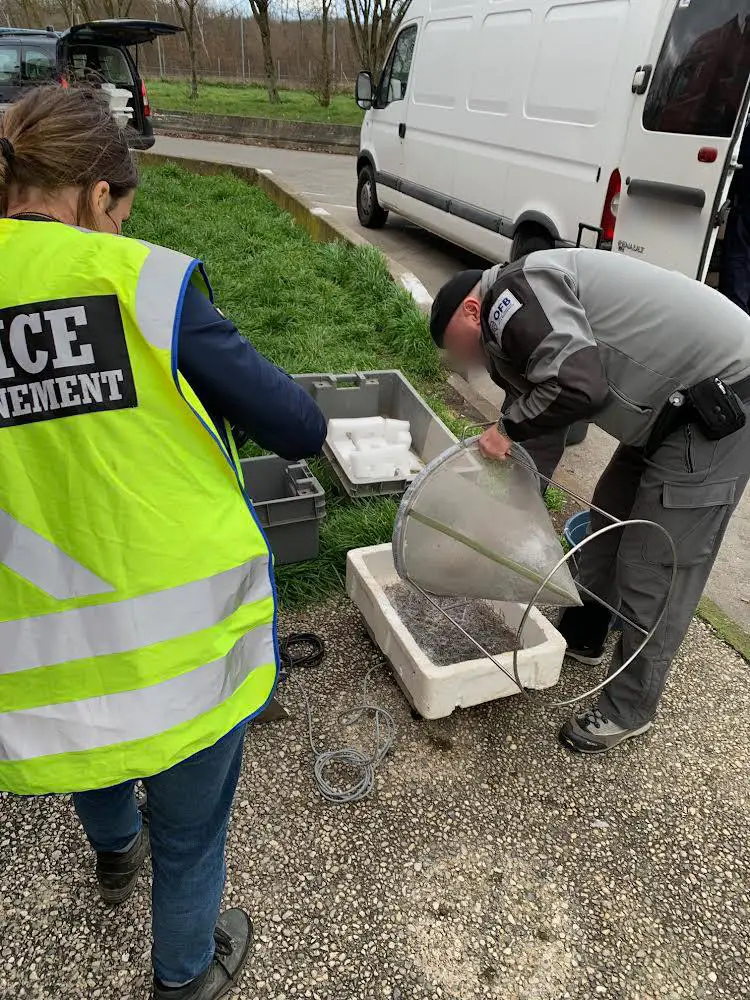Glass eel smuggling: Police increase pressure on smugglers
A global operation coordinated by Europol has uncovered new smuggling routes. To date, glass eels have mainly been caught illegally in Europe, especially France, Spain and Portugal, and transported to Asia. Criminals used couriers to smuggle the eels. Although the routes continue to be used in Europe, routes via Mauritania and Senegal are now also used.
Endangerment of stocks despite measures
Catching glass eels endangers the population of the species. Despite strict EU catch quotas and an export ban, the young fish continue to be fished illegally. Smugglers bring them ashore in remote bays, often without road access, and use mules for transport. The effort is worth it: In Asia, up to 6,000 euros per kilo are paid – significantly more than for cannabis or caviar.
A kilo of glass eel costs up to 6,000 euros
Europol coordinates this operation annually to combat international eel smuggling. This year’s results mark an important milestone: since operations began, police have made 850 arrests and seized more than 87 tonnes of elvers and juveniles over the past seven years.
Glass eel smuggling includes environmental and health crimes, trafficking in endangered species, counterfeiting, tax evasion and money laundering. Europol has been supporting the investigation since 2016. In 2024, Europol coordinated the measures, set up operations centers and promoted the exchange of information between authorities.
Over 40 partners involved
The operation involved over 40 partners from the EU, third countries and international organizations, including:
- EU member states: e.g. B. Austria, France, Germany, Spain, Sweden.
- Third countries: Brazil, Switzerland, Türkiye, USA.
- EU institutions: Eurojust, European Anti-Fraud Office.
- International Organization: Interpol, TRAFFIC, IFAW.
At the end of September, Europol took part in a coordination meeting to launch plans for 2025 and continue the fight against eel smuggling.
Here one Video for surgery


